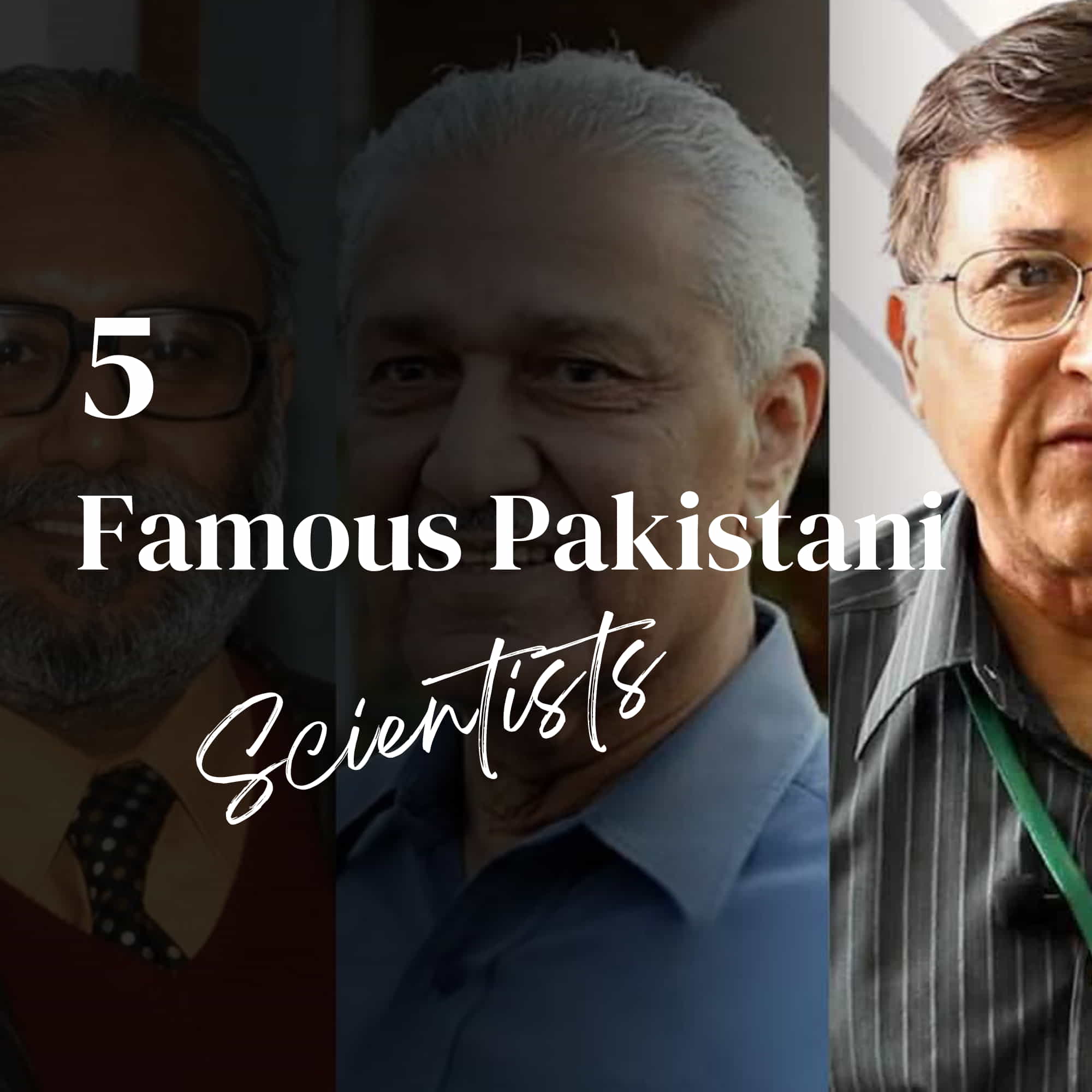
Pakistan has produced some remarkable scientists who have made significant contributions to various fields, earning international recognition and bringing pride to the nation. These individuals have not only advanced science but also inspired countless others to pursue careers in research and innovation. Let’s take a closer look at five famous Pakistani scientists whose work has left an indelible mark on the world.
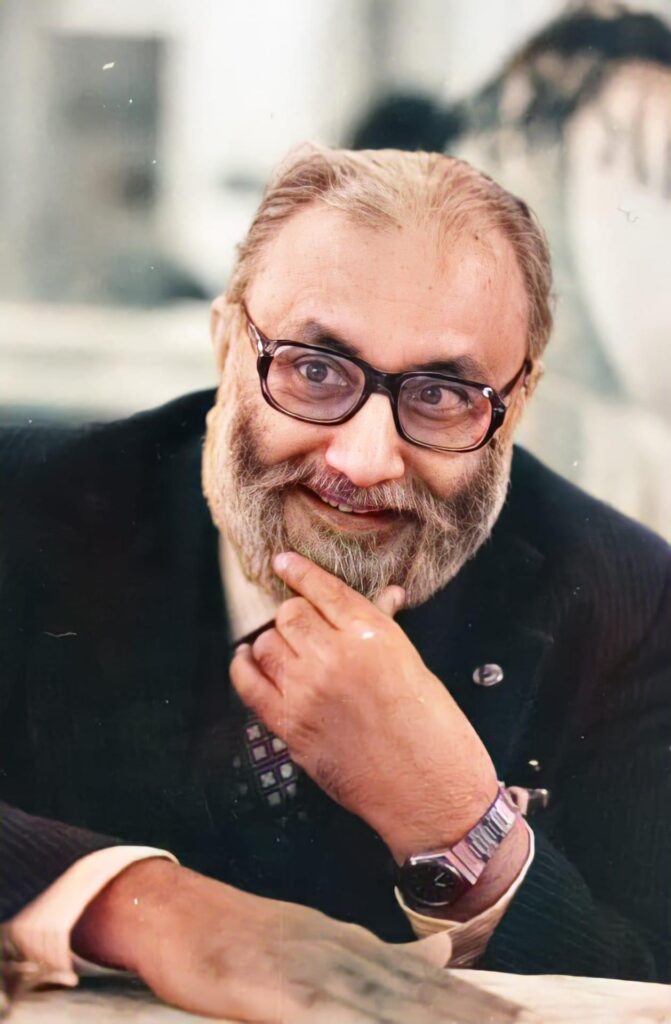
1. Dr. Abdus Salam: The Nobel Laureate
When discussing famous Pakistani scientists, Dr. Abdus Salam’s name is always at the forefront. Born in 1926 in Jhang, Punjab, Dr. Salam became Pakistan’s first and only Nobel laureate in 1979, winning the Nobel Prize in Physics. His groundbreaking work in theoretical physics, particularly in electroweak unification, played a crucial role in the development of the Standard Model of particle physics.
Dr. Salam’s journey to becoming a Nobel laureate was marked by immense dedication and a deep passion for science. He completed his Ph.D. at the University of Cambridge, where he began his pioneering research. Despite the challenges he faced, including discrimination due to his Ahmadiyya faith, Dr. Salam’s commitment to science never wavered. His work not only earned him the Nobel Prize but also left a lasting impact on the field of physics.
Dr. Salam’s legacy goes beyond his scientific contributions. He was a strong advocate for the development of science in developing countries, particularly in the Muslim world. He played a key role in establishing the International Centre for Theoretical Physics (ICTP) in Italy, which aims to support scientists from developing nations. Through his efforts, Dr. Salam inspired a generation of scientists in Pakistan and around the world.
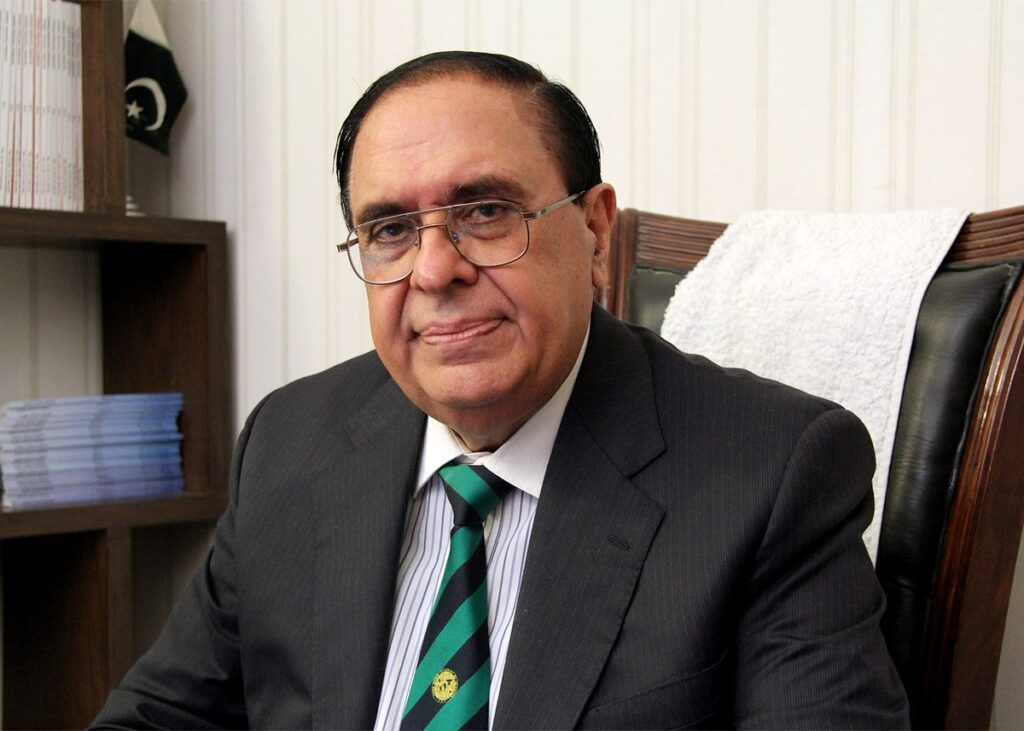
2. Dr. Atta-ur-Rahman: A Pioneer in Chemistry
Dr. Atta-ur-Rahman is another towering figure in the world of science, particularly in the field of organic chemistry. Born in 1942 in Delhi, India, and later moving to Pakistan, Dr. Rahman is renowned for his extensive research on natural products. His work has led to the discovery of several new compounds with potential medicinal applications, placing Pakistan on the global map in chemical research.
Dr. Rahman’s contributions to science are not limited to his research. He has also played a significant role in promoting higher education and scientific research in Pakistan. As the Chairman of the Higher Education Commission (HEC) of Pakistan, he was instrumental in transforming the country’s higher education system, increasing funding for research, and establishing new universities and research centers.
Under his leadership, Pakistan saw a significant increase in the number of PhDs produced annually, and the country’s universities began to rank higher in international assessments. Dr. Rahman’s efforts have had a lasting impact on Pakistan’s scientific landscape, helping to foster a culture of research and innovation.
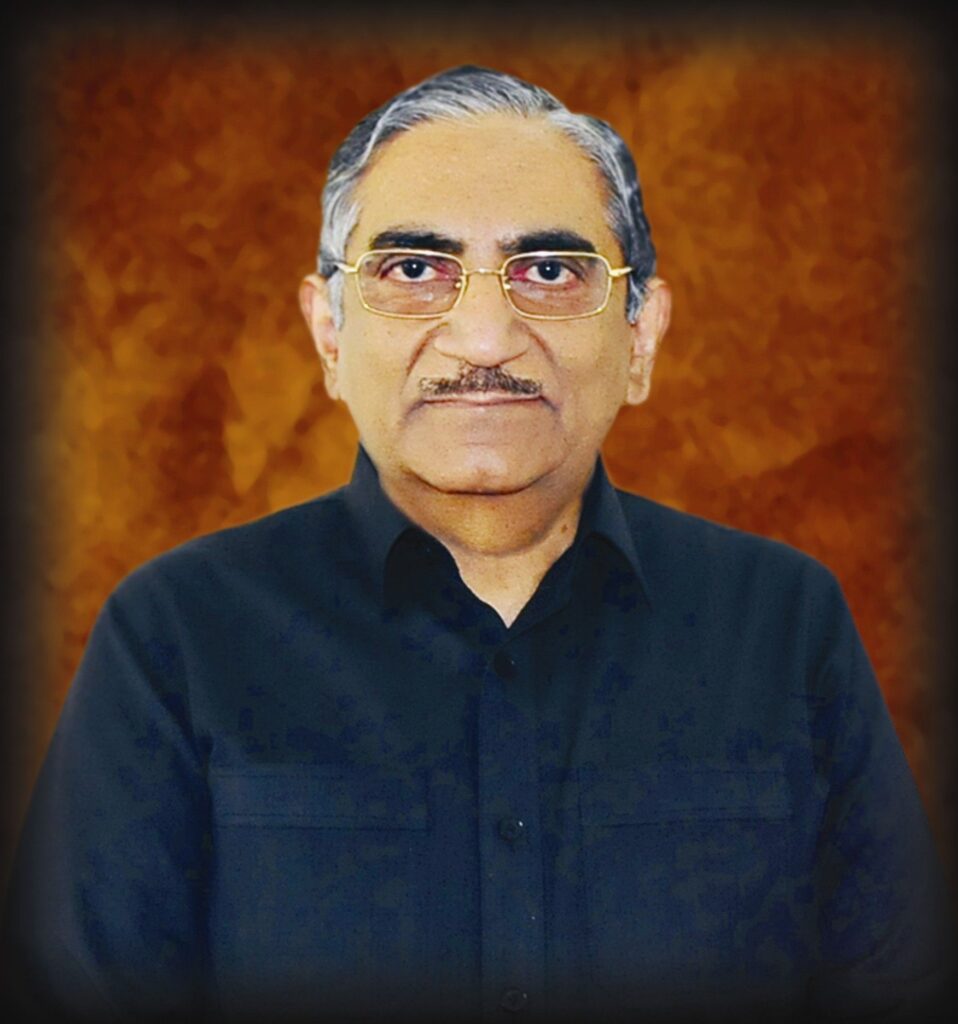
3. Dr. Samar Mubarakmand: The Architect of Pakistan’s Nuclear Program
Dr. Samar Mubarakmand is best known as one of the key figures behind Pakistan’s nuclear program. Born in 1942 in Lahore, Dr. Mubarakmand played a critical role in the successful execution of Pakistan’s nuclear tests in 1998, which established the country as a nuclear power. His work in nuclear physics and missile technology has been pivotal in strengthening Pakistan’s defense capabilities.
A graduate of Government College University, Lahore, and later obtaining his Ph.D. from Oxford University, Dr. Mubarakmand’s career has been marked by significant achievements. He served as the Director-General of Pakistan’s Atomic Energy Commission (PAEC) and was the driving force behind the development of the country’s nuclear arsenal.
Beyond his contributions to the defense sector, Dr. Mubarakmand has also been involved in scientific research and development in other areas. He has worked on projects related to energy production, particularly in harnessing coal resources for energy generation. His multifaceted contributions to science and technology have made him one of Pakistan’s most respected scientists.
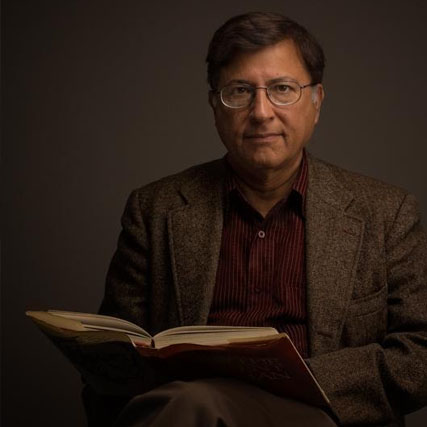
4. Dr. Pervez Hoodbhoy: A Voice for Science and Reason
Dr. Pervez Hoodbhoy is a physicist, academic, and prominent public intellectual who has made significant contributions to both science and the promotion of rational thought in Pakistan. Born in 1950 in Karachi, Dr. Hoodbhoy obtained his Ph.D. in nuclear physics from the Massachusetts Institute of Technology (MIT) and has since been an active researcher and educator.
Dr. Hoodbhoy is well-known for his work in quantum field theory and particle physics, but his influence extends far beyond the scientific community. He has been a vocal advocate for secularism, scientific education, and the separation of science from religious dogma. Through his writings, lectures, and public appearances, Dr. Hoodbhoy has tirelessly promoted the importance of science and critical thinking in Pakistani society.
In addition to his academic work, Dr. Hoodbhoy has authored several books and articles on science and education, addressing the challenges faced by the scientific community in Pakistan. His efforts to popularize science and encourage rational discourse have earned him numerous awards and recognition, both nationally and internationally.
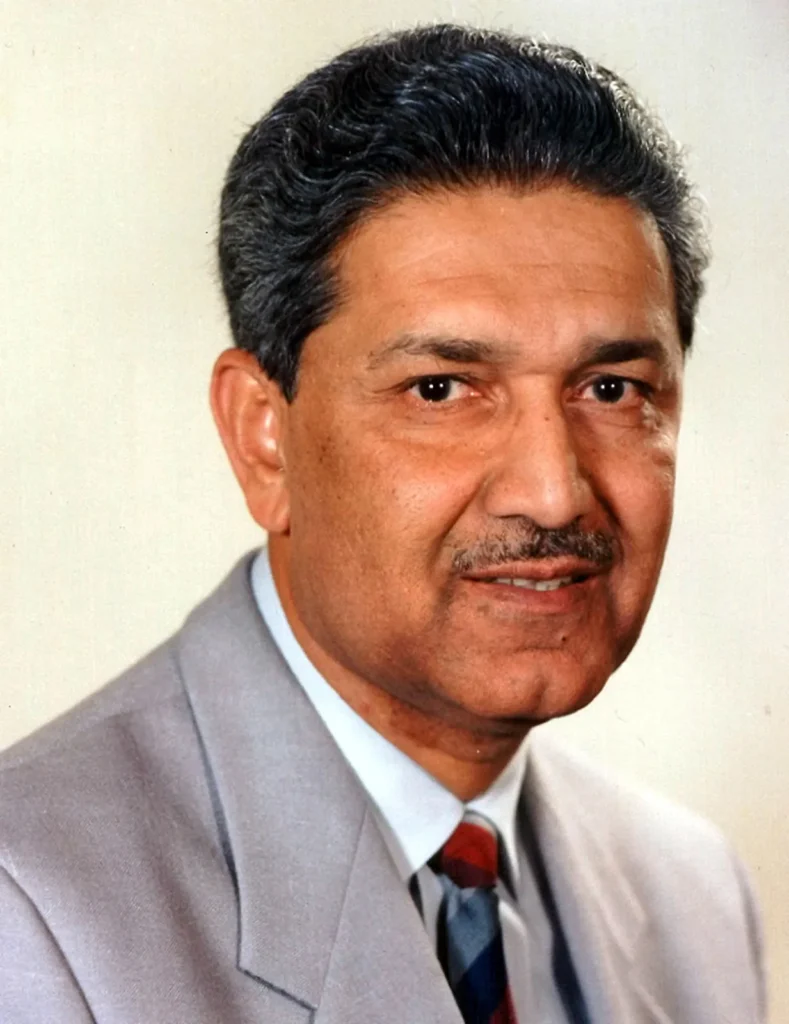
5. Dr. AQ Khan: The Father of Pakistan’s Nuclear Bomb
Dr. Abdul Qadeer Khan, often referred to as the father of Pakistan’s nuclear bomb, is perhaps one of the most controversial yet significant figures in the country’s history. Born in 1936 in Bhopal, India, Dr. Khan played a central role in making Pakistan a nuclear power, ensuring the country’s strategic security in a volatile region.
After completing his studies in metallurgical engineering in Europe, Dr. Khan returned to Pakistan in the 1970s, where he spearheaded the country’s uranium enrichment program. His work led to the successful development of nuclear weapons, which culminated in the nuclear tests of 1998. Dr. Khan’s efforts have made him a national hero in Pakistan, celebrated for his role in securing the nation’s defense.
However, Dr. Khan’s legacy is not without controversy. In 2004, he was placed under house arrest following allegations of nuclear proliferation. Despite this, his contributions to Pakistan’s nuclear capabilities remain a key part of his legacy, and he continues to be a highly respected figure in the country.
Conclusion:
These five scientists—Dr. Abdus Salam, Dr. Atta-ur-Rahman, Dr. Samar Mubarakmand, Dr. Pervez Hoodbhoy, and Dr. AQ Khan—represent the diversity and depth of scientific talent in Pakistan. Their contributions have not only advanced their respective fields but have also had a profound impact on the nation’s development. Through their work, they have inspired countless others to pursue careers in science, demonstrating the power of knowledge and innovation to transform society.







Leave a Reply